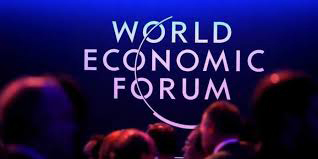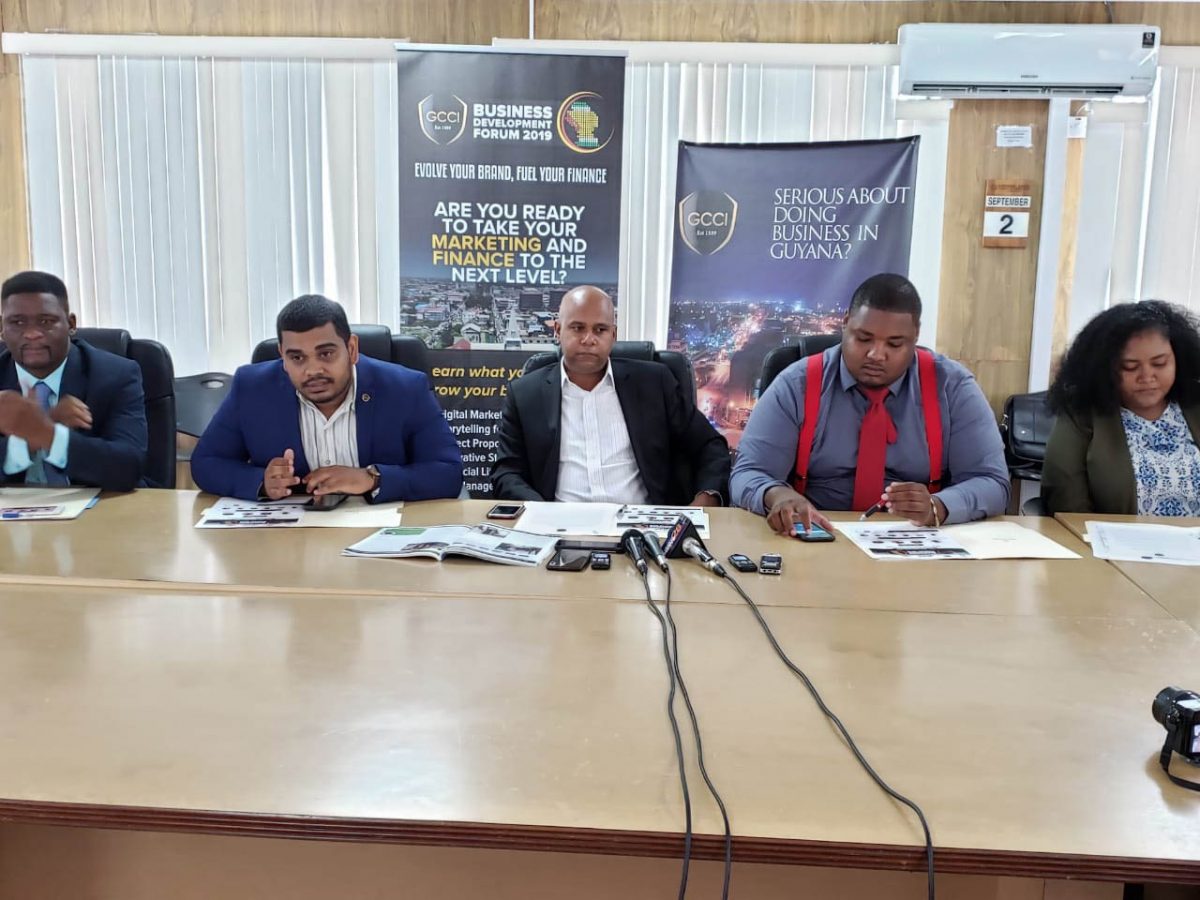It has been more than 30 years since Guyana embraced free market principles that advanced the private sector as the engine room of the country’s economy. Since then we have articulated all sorts of views that seek to explain what has retarded our progress and what might be the possible remedies for the constraints that have retarded our progress. Unfortunately, despite seemingly earnest intentions we are yet to remove the barriers that have been identified. Meanwhile, we continue to struggle to realise our full potential. Prosperity and long-term economic stability continue to elude us.
Every year the World Economic Forum releases its Global Competitiveness Index (GCI), which ranks countries, using various criteria that measure their success in cultivating a competitive business environment. That apart, the World Bank also prepares and publishes what is termed an “ease of doing business” global ranking index.
Out of the one hundred and ninety countries (190) analyzed in these surveys Guyana has never ranked in the top 100 in either. No Caribbean country has appeared among ‘top ten’ improvers in the last four years and none have registered in the top 50.
 Interestingly, the entire region underperforms in measures such as registering property and obtaining credit. For example, registering a property in the Caribbean takes 90 days, nearly double the global average of 47 days.
Interestingly, the entire region underperforms in measures such as registering property and obtaining credit. For example, registering a property in the Caribbean takes 90 days, nearly double the global average of 47 days.
Guyana has missed key opportunities to set the pace for itself and the region. In 2015, the former Minister of Business Dominic Gaskin declared that the APNU+AFC administration had set its face against red tape and that Guyana would work to improve in areas where they had been marked as deficient by the World Bank’s index. Since that time Guyana actually has fared even worse, dropping from a ranking of 123 in 2015 to 134 in 2019. One would have hoped that following this assertive declaration by the then Minister responsible for Business, there might have been some measure of improvement, however modest, in the World Bank index. There was no improvement.
This came as no surprise to the Guyana business community. Since then, momentum has continued to limp along at a lumbering pace, offering only half-hearted cosmetic moves instead of meaningful reforms targeting long-term improvement.
Several glaring constraints to business development can be easily identified. These need to be addressed with haste if we are serious about economic development amidst what are likely to be the challenges that will confront in a post-COVID-19 global economy.
Among the more glaring constraints to moving forward are the manifest skills deficiencies and huge training gaps that persist; the enormous and ever-present bureaucratic bottlenecks in key state agencies; the high costs of finance and electricity; an outdated, compromised, and unsecured land and property transfer system; an inconsistent and uneven processes for the transfer of state assets; an outmoded and counterproductive electoral system; inadequate e-commerce platforms and data protections; meagre support for micro- and small-business development, and an inefficient judicial system that is hopelessly ill-equipped to deal efficiently with commercial disputes.
While there has arisen – particularly in the private sector Business Support Organizations (BSO), – a Local Content clamour that targets the spinoffs from an emerging oil & gas industry, there has been no corresponding clamour for the removal of the imposing constraints that stifle private sector potential and by extension the social resolve and economic well-being of the populace at large. As the world economy awakens in the post-pandemic recovery, Guyana should be on the front steps of opportunity to prepare itself for an economic boom. This is not – at least so it seems – where we are positioned at this time.
Clinton Urling is a former president of the Georgetown Chamber of Commerce and Industry.





